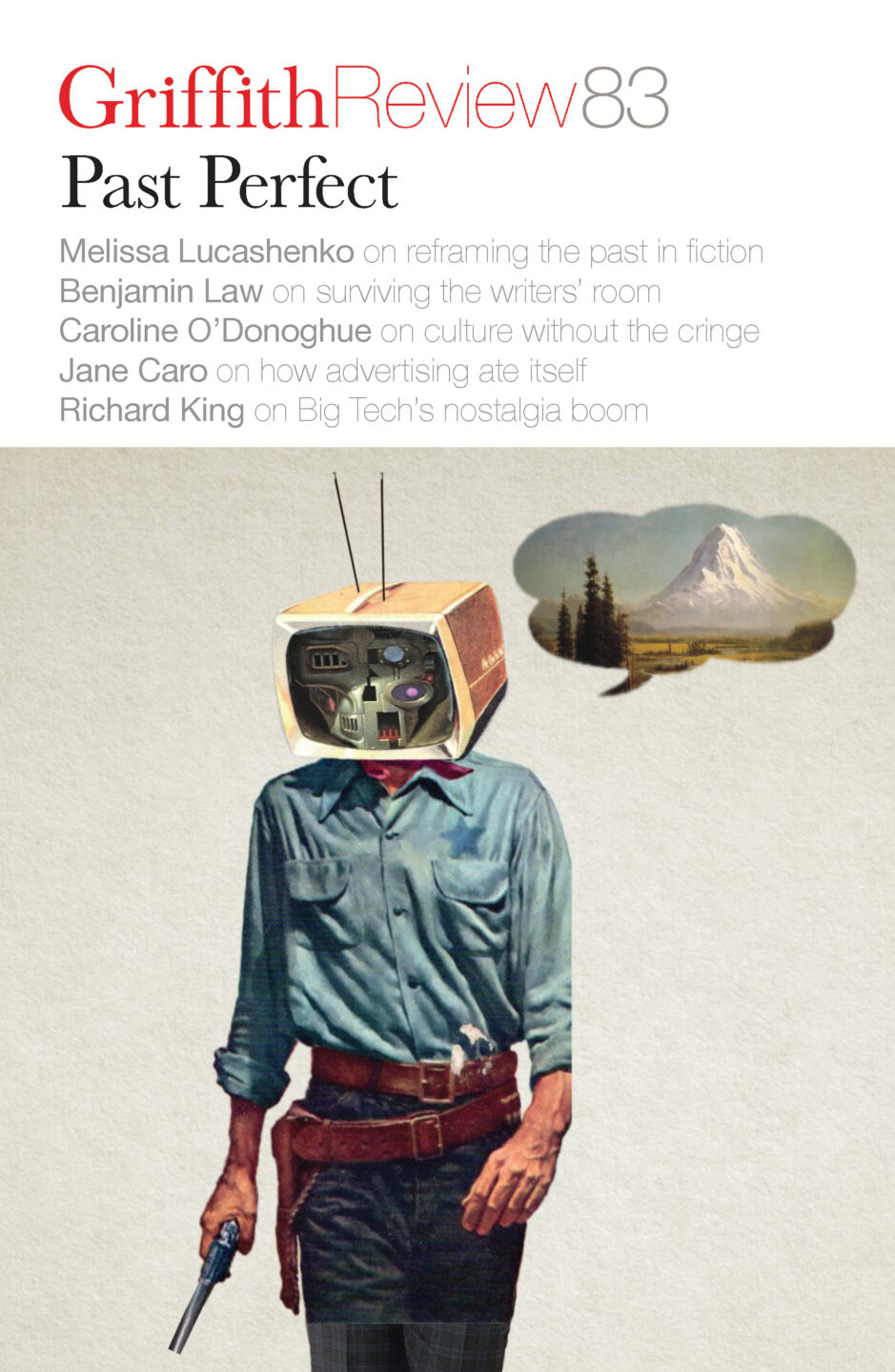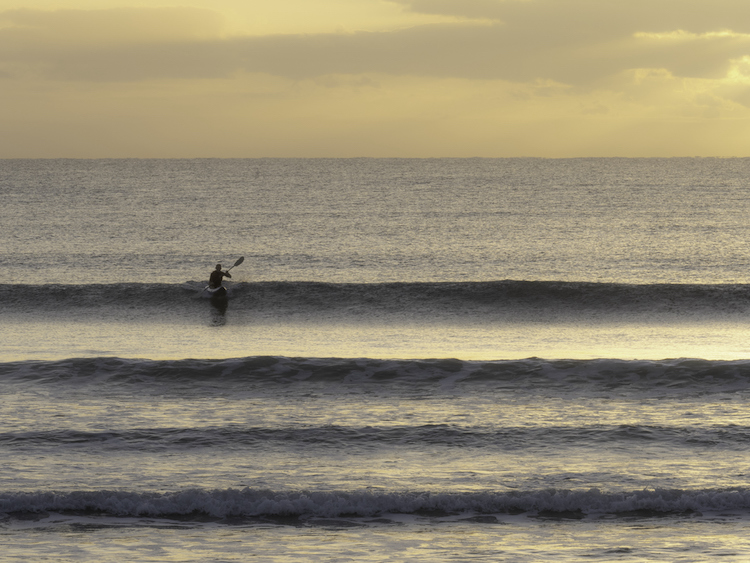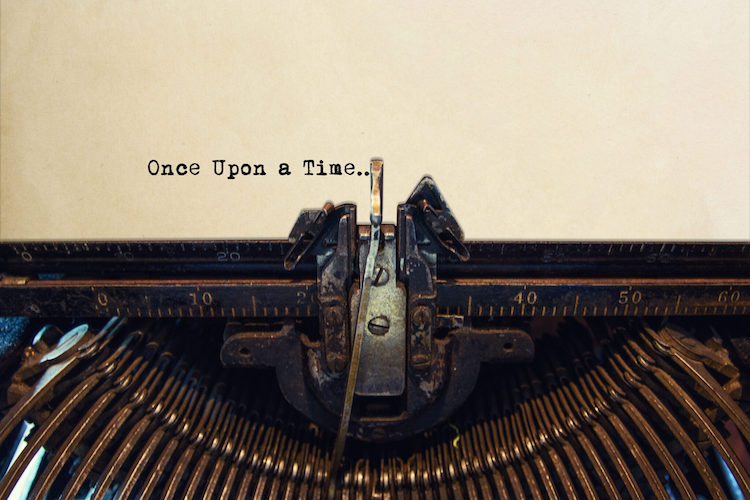Featured in

- Published 20240206
- ISBN: 978-1-922212-92-4
- Extent: 204pp
- Paperback, ePub, PDF, Kindle compatible


Already a subscriber? Sign in here
If you are an educator or student wishing to access content for study purposes please contact us at griffithreview@griffith.edu.au
Share article
About the author

Witi Ihimaera
Witi Ihimaera is an Aotearoan writer of Māori descent. He celebrates his fiftieth anniversary as a writer with a newly revised version of Tangi,...
More from this edition

The fall of the madmen
Non-fictionThe problem with a fear-based workplace – and indeed world – is that caution and compliance are not compatible with creativity. Creativity searches for the things that have never been done before, on which, by definition, there is as yet no data. Scott Nowell argues that the obsession with data has made us lose faith in our own instincts, so it’s not surprising that creativity is not valued the way it once was. And the source of creativity has shifted to the consumers themselves.

The sentimentalist
In ConversationI’ve positioned myself as somebody who’s constantly going through the trash of yesteryear with my raccoon paws and saying, ‘Wasn’t it grand?’ I think it’s more that I’m drawn to things I misunderstood rather than things that are just old, and I’m also interested in diagnosing the culture through what we loved, what we made and what we despised. It’s becoming much more clear to me the older I get.

James and the Giant BLEEP
Non-fictionIt’s in this way that supposedly untranslatable words, for which our language has no exact or close synonym, are often so deeply pleasurable: not because those words reveal something about a worldview that’s unfamiliar or foreign to us but precisely the opposite.